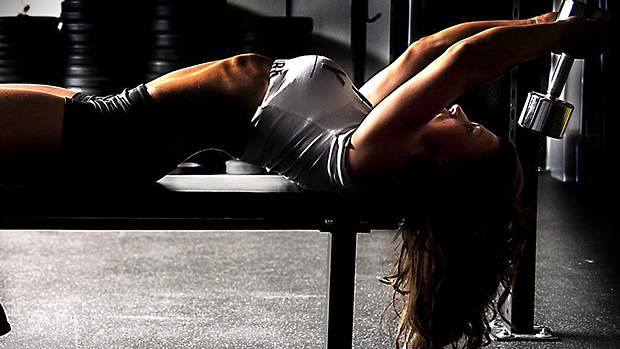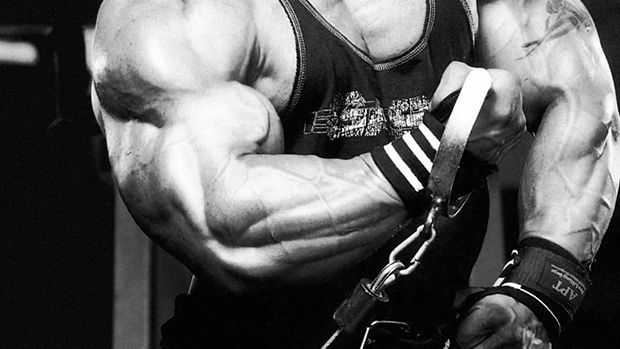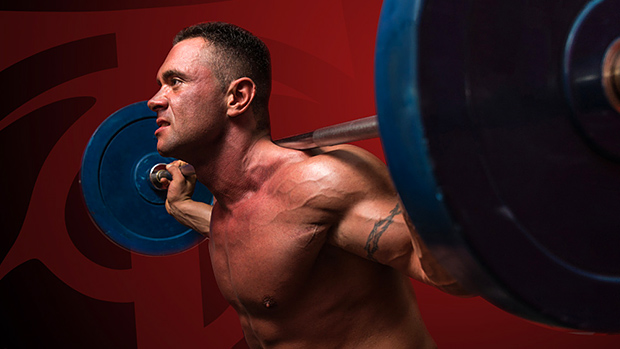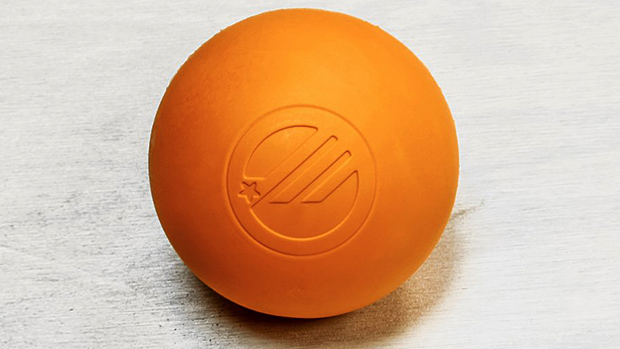Back in 1911, Alan Calvert declared the dumbbell pullover to be "the best exercise known for developing a deep chest." During the 1920's, it was considered a "must-do" exercise, and even Arnold credited dumbbell pullovers for helping to create his epic chest development.
But you rarely ever see it performed today in gyms. Why? Well, some people are confused about what muscles the pullover works. Is it a chest or back exercise? And where should it be placed in your program?
Well, the dumbbell pullover doesn't just work one muscle group. It works not only the chest but also the lats, intercostals, and serratus anterior (the muscles of the ribcage). But a 2011 study compared the EMG activity of the pectoralis major and the latissimus dorsi during the barbell pullover. The results showed that the pullover emphasized the pectoralis major more than the latissimus dorsi.
Building your chest requires hitting the different functions of the muscles through different ranges of motion and various angles. Your chest muscles control the movement of your upper arm at the shoulder joint. In other words, if your upper arm is moving in toward the front of your body you'll involve the chest in some way.
Presses and flyes are great, but they don't give you the whole picture. Pullovers round out the developmental picture and should be part of any chest routine.
As for programming, use them as one of the last exercises of the workout after other muscles are already fatigued. Finish your next chest workout with dumbbell pullovers (3-4 sets of 12-15 reps). Focus on squeezing the pecs to initiate the movement up from the bottom position and work on holding the squeeze throughout the rep.
For a great variation try:
With this variation there's crazy tension throughout the entire movement because you have to maintain control over the dumbbell. Stay tight and flex into the movement as far as your mobility and control allow without affecting the quality of movement.





